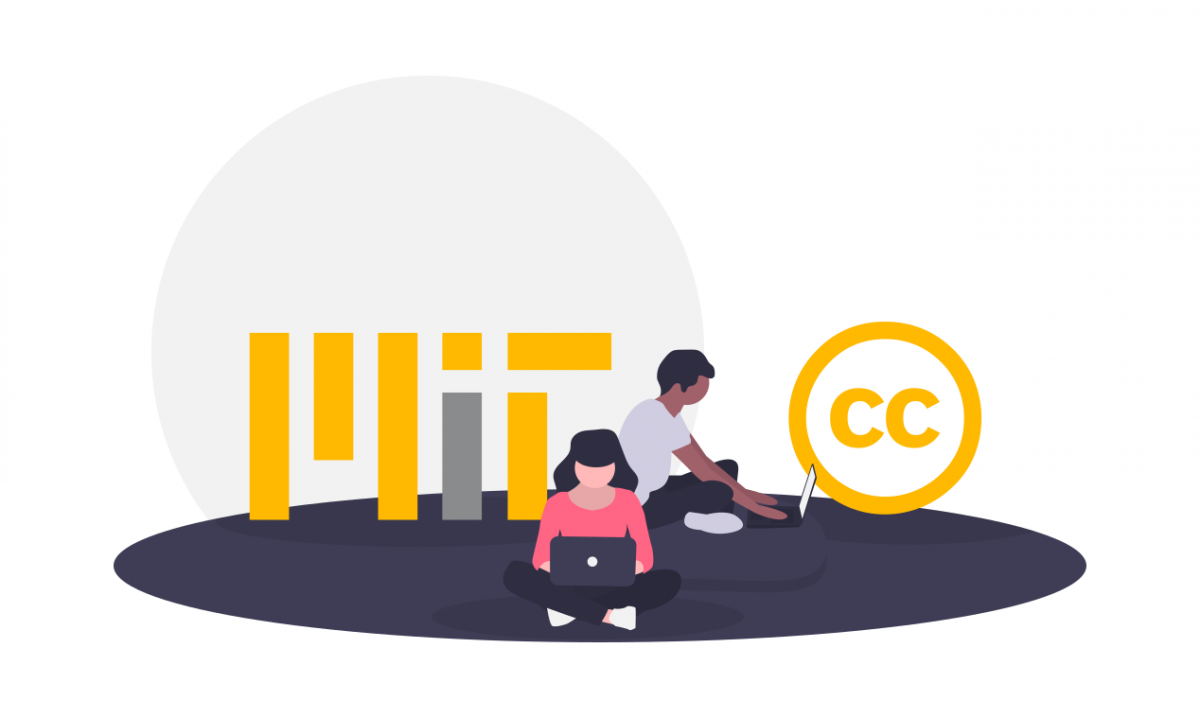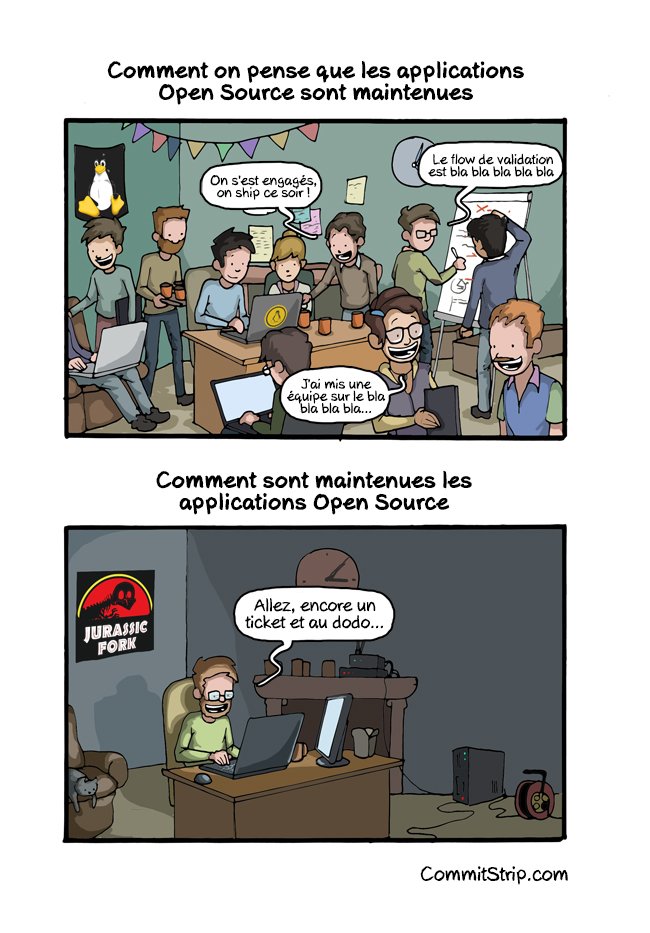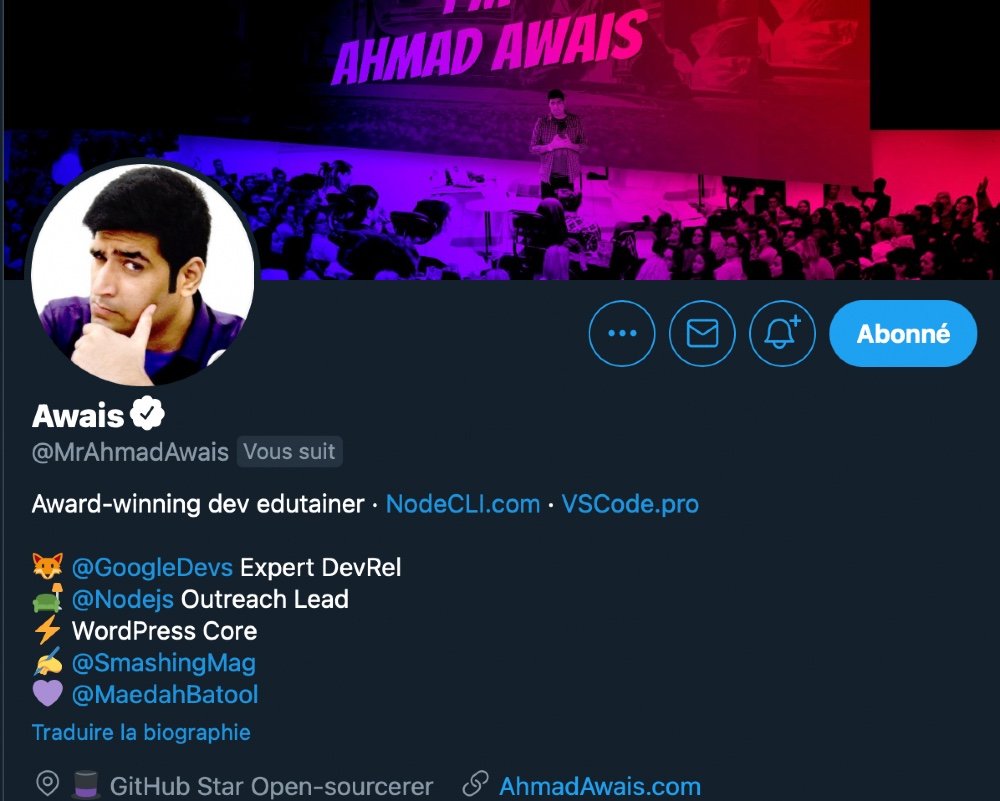Justin Ahinon and Jo Havemann, both founders of AfricArXiv, talk in this article about the development of Open Science Services in Africa, initiatives, the current situation and chances in the future.
This article was originally published at elephantinthelab.org (doi:10.5281/zenodo.1492745)
Open Science is becoming increasingly popular globally and provides unprecedented opportunities for scientists in Africa, South East Asia, and Latin America. African scientists face several difficulties when attempting to get their work published in peer-reviewed journals – there is a small number of publication platforms, a lack of knowledge and access difficulties related to existing journals (whose visibility on the web is not very good) (Piron et al., 2017). There are also obstacles related to the functioning of the journals themselves ( notably the duration of the revision process and the cost of publications) and the result is that science and scholarly publishing are often perceived as a prerogative of the Northern countries. The methods and techniques (including the peer-review process) that are being developed for its dissemination are not necessarily adapted to the contexts of other regions of the world, including Africa. Indeed, many African-based peer-reviewed scholarly journals are unable to host their content online due to resource limitations and the digital divide (Agaba et al., 2004).
In this article, we provide an overview of the most important initiatives and actors in the Open Science movement in Africa. We further identify three major challenges for Open Science on the African continent and offer perspectives for African researchers to actively contribute to the global scientific community and share knowledge to meet the challenges we all face.
OPEN SCIENCE IN AFRICA, WHERE ARE WE NOW?
The Open Science movement first appeared in the early 1990s in the United States, then very quickly spread to other regions of the world (North and South) in the 2000s (Decung & Mukuku, 2016). But this movement has not been received in the same way in the different regions of the continent. While the Maghreb countries have embarked on policies to open up public data since 2010, the momentum has been less spontaneous among French-speaking sub-Saharan African countries (Olivier, 2015). As for the English-speaking countries, they very quickly became involved in the movement; this is reflected in theprominent position they occupy on the continent in the ranking of countries in terms of data openness.
According to a study by the African Journal Online published in September 2014, of 319 journals listed on the African continent, 197 had open access publication policies. This study also reveals that the vast majority of the journals and archives surveyed (289) had English as their main language of publication. Only 13 used French as their main language of publication.
In the last decade, the need to promote and make the content produced in Africa or on topics related to Africa on the Internet more visible, has increased. Several initiatives have emerged from this growing need, all of which aim to reverse the trend in terms of Africa’s visibility on the scientific web:
OPEN ACCESS ADVOCACY
- The SOHA project, launched in 2015, aims to make Open Science as a collective tool an essential development tool in French-speaking Africa and Haiti by developing empowerment and cognitive justice.
- The African Open Science Platform (AOSP) is an initiative to better understand what is happening on the African continent, and to promote the value and exploit the potential of specifically Open Data.
OPEN ACCESS PUBLISHING IN AFRICA
PREPRINT REPOSITORIES
- New sources of open access content providers are emerging on the continent, including the francophone institutional archive DICAMES,
- Regional discipline-specific repositories such as, Earth African Journal of Public Health, West African Journal of Radiology, African Journal of Educational Studies in Mathematics and Sciences, HAL-Francophonie Afrique et Océan Indien portal encourage scientists, teachers and students alike to make the results of their research and work available.
- The pan-African and cross-disciplinary AfricArxiv, which allows the submission of content, articles or research results in African local languages as well as in English and French (Asiedu, 2018) . With the large number of traditional languages in Africa, there is a very high amount of information and knowledge that can be made visible if authors are allowed to publish their research in these languages (Saka, 2017).
- The International African Institute (IAI) provides lists of national, regional and pan-African directories and other Open Access content sources.
OPEN SCIENCE HARDWARE
- Open Science Hardware focused initiatives such as AfricaOSH promote the use of Open Educational Resources (OER), scientifically contribute to the makers’ movement, and facilitate collaboration between the different Open actors on the continent.
- Scientists from Oxford University work with African colleagues to conduct LabHacks as engaging and educational events where multidisciplinary teams of students compete around design challenges to build low-cost laboratory equipment.
- The TReND in Africa team works with African universities to teach research methods in Natural Sciences.
3 KEY CHALLENGES REMAIN
According to Nkolo (2016), three key challenges remain to be solved for Open Access – and consequently for full adoption of Open Science on the African continent. These are 1) Internet penetration, 2) political governance, and 3) the standardization of services and platforms.
ACCESS TO HIGH SPEED INTERNET
Internet access is one of the most recurrent hindrances for scientific research in Africa and remains very low in some regions and internet penetration remains low across the continent (Attanasio, Giorgi). According to Internet World Stats, in 2016 there were about 453 million active Internet users in Africa. This gives a penetration rate of about 35%. In the field of education, progress in terms of Internet access varies from one country to another. For example, according to a May 2017 Internet Society report on Internet use in education in Africa, in countries such as Botswana, Kenya, Morocco, Senegal and South Africa, efforts to improve connectivity have enabled key actors in the education system to have better access to the Internet.
GOVERNANCE OF OPEN SCIENCE IN AFRICA
The Open Science movement in Africa could only benefit from a better or greater involvement of educational and political decision-making bodies. According to figures from the Registry of Open Access Repository (ROAR), in 2018, the number of open access policies on the continent is evaluated at 31, the majority of which are from East African countries (17) and South Africa (9) (roarmap.eprints.org). In regions of the world where the Open Access movement has strong impact, such as India, Argentina and China, laws and policies are in place to promote Open Access and have played an important role (Hameau, 2015).
STANDARDIZATION AND INTEROPERABILITY
The establishment of standardized open directories or archives through digital libraries to increase the visibility of content produced by Africans, or on subjects related to the continent on the scientific web are needed. In addition, these will require coordination in the functioning of these different content distribution platforms. African scientists will gain a lot if the various initiatives to bring Open Access to the forefront collaborate.
WAYS FORWARD FOR OPEN SCIENCE IN AFRICA
Improving the quality of service and the Internet penetration rate on the continent will help to disseminate and share knowledge more effectively at the global level. National and pan-African policies for Open Access and collaboration between the various actors in Research and Economic Development will play a key role in the process of making science more visible within and outside Africa. This can be achieved strategically by creating an environment conducive to the implementation of Open Science practices on the one hand, and by making the above mentioned initiatives and services complementary, interoperable and thus more effective on the other hand.
REFERENCES
AAS Open Research. LINK.
(accessed: 20th November, 2018)
Africa Internet Users, 2018 Population and Facebook Statistics. LINK.
(accessed: 20th November, 2018)
African Digital Research Repositories. LINK.
(accessed: 20th November, 2018)
African Journal of Educational Studies in Mathematics and Sciences. LINK.
(accessed: 20th November, 2018)
African Journals Online: Open Access Titles. LINK.
(accessed: 20th November, 2018)
African Open Science Platform. LINK.
(accessed: 20th November, 2018)
African Scientists Can Submit Research in Local African Languages — Quartz Africa. LINK.
(accessed: 20th November, 2018)
AfricaOSH. LINK.
(accessed: 20th November, 2018)
AfricArXiv Preprints LINK.
(accessed: 20th November, 2018)
Agaba, D, Imn Kigogo-Bukenya, and Jb Nyumba (2004): Utilization of Electronic Information Resources by Academic Staff at Makerere University. University of Dar Es Salaam Library Journal 6(1).LINK.
(accessed: 20th November, 2018)
Bioline International Official Site LINK.
(accessed: 20th November, 2018)
Browse by Country – ROARMAP LINK.
(accessed: 20th November, 2018)
Attanasio, Giorgi. Connecting Africa – Internet: Africa Starts to Open Its Window to the World LINK.
(accessed: 20th November, 2018)
D’Eggis, Gilles (2013) Les archives ouvertes pour valoriser la recherche africaine : HAL — Francophonie, Afrique et Océan Indien. Le français à l’université. Bulletin des départements de français dans le monde(18–02). LINK. (accessed: 20th November, 2018)
DICAMES Science Afrique LINK.
(accessed: 20th November, 2018)
Hameau, Therese: Point Sur Les Politiques En Faveur Du Libre Accès – Libre Accès à l’information Scientifique et Technique. LINK.
(accessed: 20th November, 2018)
Projet Soha. LINK.
(accessed: 20th November, 2018)
Kwasi Gyamfi Asiedu (2018): A Research Platform for African Scientists Will Take Papers in Local Languages. Quartz Africa. LINK.
(accessed: 20th November, 2018)
Lab Hackathon LINK.
(accessed: 20th November, 2018)
Next Einstein Forum – Africa’s Global Forum for Science LINK. LINK.
(accessed: 20th November, 2018)
Nkolo, N. P. (2016): Open Access et Valorisation Des Publications Scientifiques: Les Défis de l’Afrique Francophone. Justice Cognitive, Libre Accès et Savoirs Locaux Piron F.(Ed.), Regulus S.(Ed.), Dibounje Madiba MS (Ed.). Éditions Science et Bien Commun, Québec: 91–105. LINK.
(accessed: 20th November, 2018)
Olivier, Mathieu (2015): L’Afrique a-t-elle entamé sa révolution « open data » ? JeuneAfrique.com. LINK.
(accessed: 20th November, 2018)
Piron, Florence, Antonin Benoît Diouf, Marie Sophie Dibounje Madiba, et al. (2017): Le Libre Accès vu d’Afrique Francophone Subsaharienne. Revue Française Des Sciences de l’information et de La Communication(11). LINK.(accessed: 20th November, 2018)
Scientific African LINK.
(accessed: 20th November, 2018)
Saka, Sinatou (2017): Pourquoi Les Langues Africaines Peuvent Changer La Présence Du Continent Sur Internet ? Medium. LINK.
(accessed: 20th November, 2018)
South Africa – Global Open Data Index LINK.
(accessed: 20th November, 2018)
TReND in Africa. LINK.
(accessed: 20th November, 2018)
Venth, Anja (2015): Online Knowledge Portal for Development in Africa – Scoping Study. LINK.
(accessed: 20th November, 2018)
West African Journal of Radiology (2013). LINK.
(accessed: 20th November, 2018)
AUTHOR INFO
Justin Sègbédji Ahinon is a web developer with a background in economic and financial statistics. He is strongly interested in open access issues in Africa as well as in the dissemination of knowledge and the means by which it is carried out on the continent. He is a fellow and recently a mentor of the Mozilla Open Leaders program where he worked on the place and importance of “informal” sciences in Africa. Justin is also the co-founder of AfricArxiv, an open access pre-publication directory for African scientists.
Jo Havemann is a trainer and consultant in Science Communication and Science Management with a PhD in Evolution & Developmental Biology. Her working experience covers NGOs, a science startup and international institutions including the UN Environment Programme. Since 2014, Jo offers courses and trainings with a focus on digital tools for Science through her label Access 2 Perspectives and aims at strengthening Research on the African continent through Open Science.
Ahinon, J., & Havemann, J. (2018). Open Science in Africa – Challenges, Opportunities and Perspectives. Elephant in the Lab. https://doi.org/10.5281/zenodo.1492745


